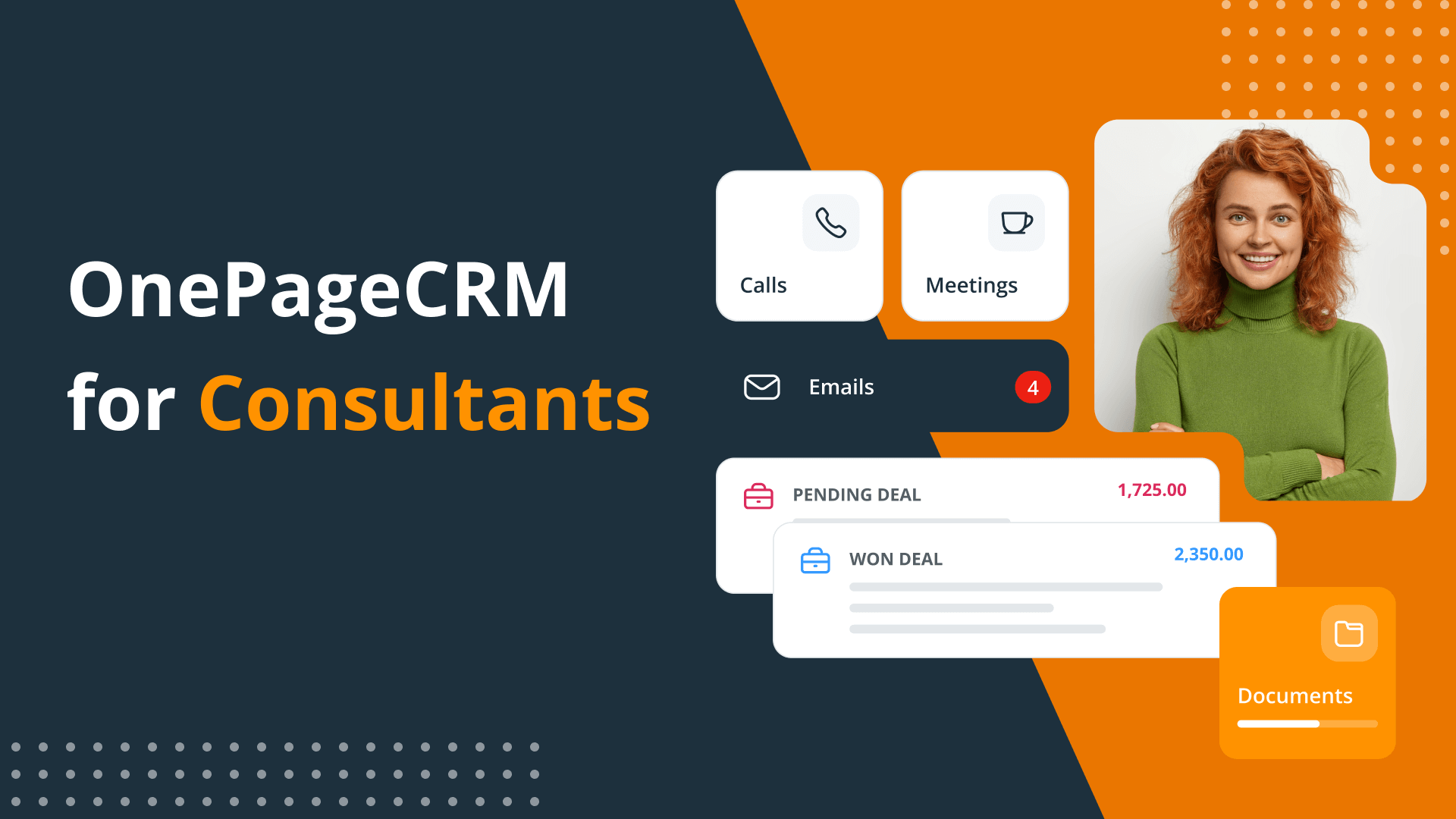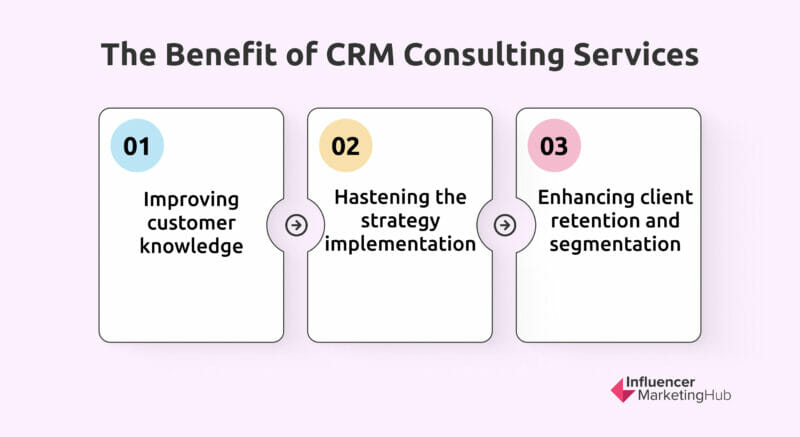Starting with the best CRM for consulting firms, this paragraph aims to provide an engaging overview of the topic, highlighting the key aspects that make CRM essential for consulting firms.
CRM systems play a crucial role in managing client relationships effectively, improving communication, and streamlining operations for consulting firms. In this guide, we will explore the top CRM platforms, customization options, data security considerations, and more to help consulting firms make informed decisions.
Overview of CRM for Consulting Firms
Customer Relationship Management (CRM) systems play a crucial role in the success of consulting firms. These platforms help consulting firms manage client relationships, streamline processes, and improve overall efficiency. By utilizing CRM software, consulting firms can enhance client management, increase productivity, and drive business growth.
Importance of CRM for Consulting Firms
CRM systems are essential for consulting firms as they provide a centralized platform to store and manage client information, track interactions, and analyze data. This enables consulting firms to deliver personalized services, improve customer satisfaction, and ultimately build long-lasting relationships with clients.
Key Features for Consulting Firms in a CRM

– Customizable Dashboards: Consulting firms should look for CRM systems that offer customizable dashboards to track key metrics and performance indicators.
– Integration Capabilities: It is important for CRM platforms to integrate with other tools commonly used by consulting firms, such as project management software and communication tools.
– Reporting and Analytics: Consulting firms can benefit from CRM systems that provide detailed reporting and analytics to track client engagement, sales pipelines, and revenue growth.
Benefits of CRM Systems in Client Management
CRM systems help consulting firms streamline client management processes, improve communication, and enhance collaboration among team members. By centralizing client data, consulting firms can provide more personalized services, identify new business opportunities, and ultimately increase client retention and satisfaction.
Top CRM Platforms for Consulting Firms

When it comes to choosing a CRM platform for consulting firms, there are several options available in the market. Some of the top CRM platforms suitable for consulting firms include Salesforce, HubSpot CRM, Zoho CRM, and Microsoft Dynamics 365.
Features, Pricing, and Scalability, Best crm for consulting firms
– Salesforce: Known for its robust features, scalability, and customization options. Pricing varies based on the selected plan and additional features.
– HubSpot CRM: Offers a user-friendly interface, marketing automation capabilities, and a free version with limited features. Paid plans are available for advanced functionality.
– Zoho CRM: Provides a wide range of features, integration options, and affordable pricing plans suitable for small to mid-sized consulting firms.
– Microsoft Dynamics 365: Offers a comprehensive CRM solution with seamless integration with Microsoft Office applications and flexible pricing options.
Examples of Consulting Firms Using CRM Platforms
Many consulting firms have successfully implemented CRM platforms to enhance their client management processes. For instance, Company ABC improved client engagement and sales performance by using Salesforce CRM, while Company XYZ streamlined project management and communication with HubSpot CRM.
Customization and Integration: Best Crm For Consulting Firms
Customization and integration capabilities are crucial for consulting firms when selecting a CRM platform. These features allow consulting firms to tailor the CRM system to their specific needs and integrate it with other tools for enhanced functionality.
Tips for Customizing CRM Systems
– Define specific workflows and processes that align with your consulting firm’s operations.
– Customize fields, reports, and dashboards to track relevant KPIs and metrics.
– Train employees on how to use the CRM system effectively and encourage adoption across the organization.
Benefits of CRM Integration
Integrating CRM with other tools commonly used by consulting firms, such as project management software, email marketing platforms, and communication tools, can improve data accuracy, streamline processes, and enhance collaboration among team members.
Data Security and Compliance
Data security and compliance are paramount for consulting firms when it comes to CRM systems. Protecting client data, ensuring regulatory compliance, and maintaining confidentiality are critical aspects that consulting firms need to consider when implementing a CRM platform.
Best Practices for Data Security and Compliance

– Implement encryption protocols to safeguard sensitive client information.
– Regularly update security patches and software to prevent data breaches.
– Train employees on data protection policies and compliance regulations to ensure data security.
CRM Features Supporting Data Security and Compliance
CRM platforms offer features such as role-based access control, audit trails, and data encryption to enhance data security and comply with regulatory requirements. By leveraging these features, consulting firms can maintain data integrity, protect client confidentiality, and mitigate security risks effectively.
Outcome Summary
In conclusion, selecting the best CRM for consulting firms is a strategic decision that can significantly impact business success. By understanding the importance of customization, integration, data security, and compliance, consulting firms can leverage CRM systems to enhance client relationships and drive growth.
FAQ Explained
What are the key features consulting firms should look for in a CRM?
Consulting firms should prioritize features like client management tools, customizable workflows, integration capabilities with other tools, and robust reporting functionalities.
How can consulting firms customize CRM systems to fit their unique needs?
Consulting firms can customize CRM systems by defining custom fields, creating tailored reports, setting up automated workflows, and integrating with industry-specific tools.
What are the best practices for ensuring data security and compliance in CRM usage?
Best practices include implementing role-based access controls, encrypting sensitive data, conducting regular security audits, and ensuring compliance with data protection regulations like GDPR.
